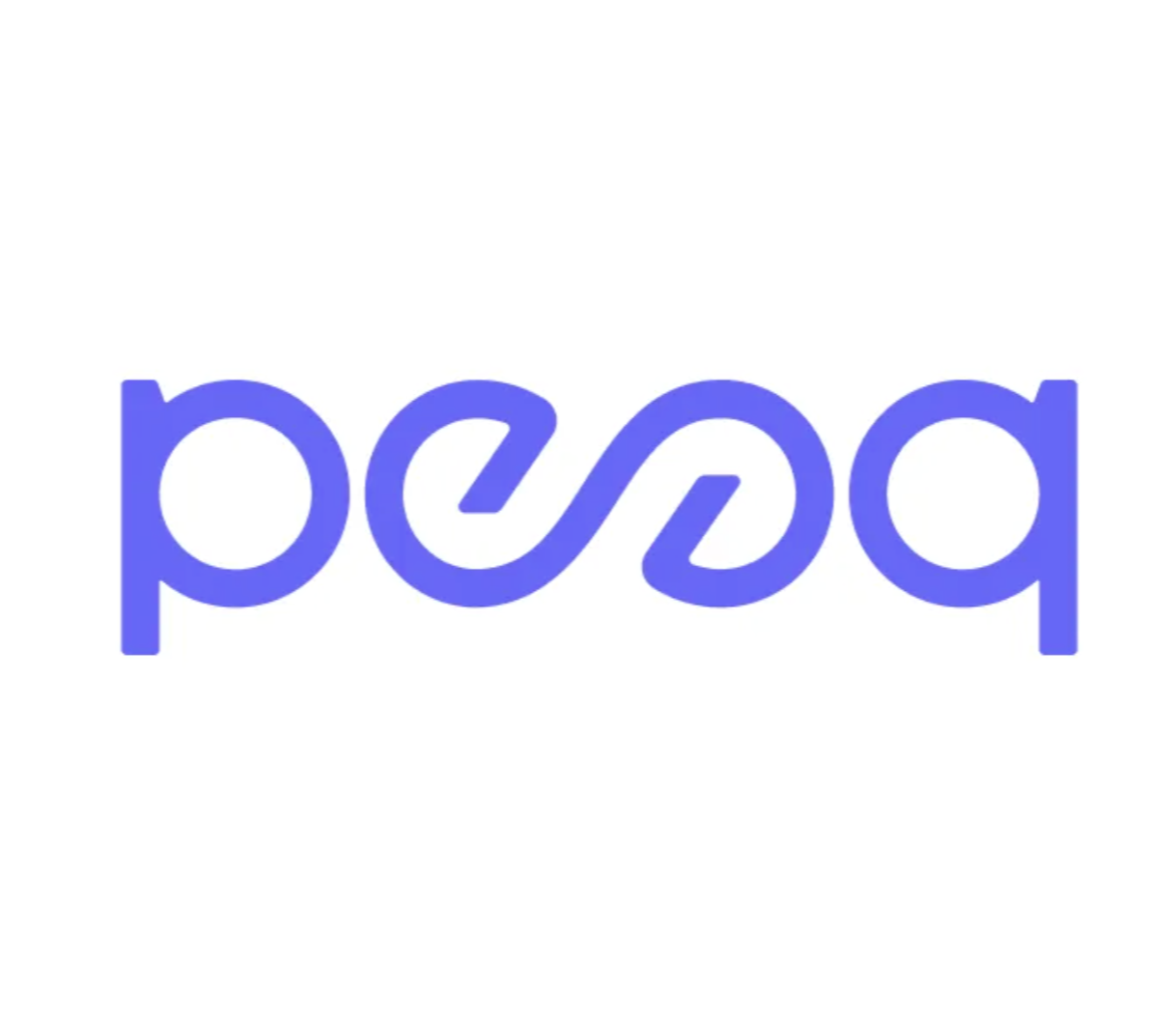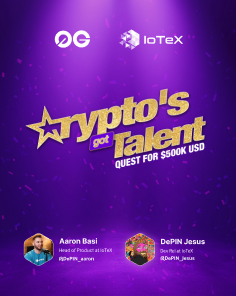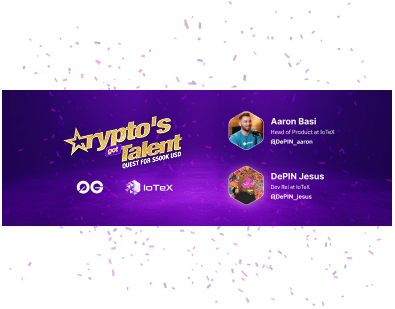The DePIN Explorer - DePIN Scan
Trending 🔥
DePIN Market Cap
$8,668,467,389
+0.5%
Volume
$6,357,169,788
-13.6%
DePIN Projects
433
DePIN Devices
42,691,115
ioID Devices
33,895
DePIN Projects
DePIN Scan is the explorer for DePIN crypto projects. There are 433 DePIN Projects with a combined DePIN market cap of $8,668,467,389 and total DePIN devices of 42,691,115. Click into the projects below to learn how to start earning passive income today.
Project | Token | Category | Social Following | Market Cap | Token Price | 24h Trade VOL | 1D | 7D | 30D | Total Devices | Favorites | Last 7 days |
|---|---|---|---|---|---|---|---|---|---|---|---|---|
 | SOL | Chain | 3,558,706 | $69,398,417,686 | $123.1 | $6,134,122,087 | -3.2% | -4.6% | -8.1% | - | 25 | |
 | TAO | ServerAIChain | 165,869 | $2,222,875,068 | $230.24 | $157,798,830 | -4.4% | -17.0% | -20.3% | - | 5 | |
 | FIL | Server | 663,296 | $876,334,688 | $1.2 | $134,992,763 | -7.2% | -14.7% | -41.0% | 1,249 | 8 | |
 | HNT | Wireless | 223,721 | $313,728,766 | $1.68 | $8,368,604 | -5.2% | -10.5% | -27.0% | - | 10 | |
 | THETA | ServerAI | 276,220 | $294,642,706 | $0.2932 | $29,947,572 | -7.8% | -12.0% | -24.6% | 16,758 | 4 | |
 | ATH | Compute | 749,411 | $142,402,279 | $0.009008 | $14,789,939 | -8.3% | -31.3% | -55.6% | - | 6 | |
.jpg) | GRASS | ComputeAI | 6,251 | $125,806,812 | $0.2884 | $23,864,057 | -4.0% | -11.4% | +3.2% | - | 35 | |
 | AKT | ServerAI | 127,590 | $106,691,769 | $0.3760 | $3,904,778 | -5.2% | -11.4% | -27.1% | 68 | 5 | |
 | IOTX | Chain | 367,042 | $66,885,044 | $0.007084 | $4,956,002 | -5.5% | -14.5% | -27.0% | - | 71 | |
 | GEOD | Sensor | 65,474 | $60,294,659 | $0.1379 | $884,927 | +0.7% | -9.5% | -1.8% | 21,099 | 8 | |
 | PEAQ | Chain | 296,139 | $48,420,837 | $0.02970 | $1,896,891 | -4.5% | -23.4% | -43.6% | - | 16 | |
 | HONEY | SensorAI | 55,389 | $45,668,671 | $0.008622 | $721,232 | -1.5% | -23.1% | +5.7% | 8,037 | 1 |

20 hours ago
The DataHive AI Referral Program Is Live!The decentralized data factory grows with its community, and now your Hive can earn even more together.
Here’s how rewards system work:
Start Earning Instantly
Every new user gets rewarded from day one:
• 1,250 points for installing the [browser extension](https://chromewebstore.google.com/detail/datahive/bonfdkhbkkdoipfojcnimjagphdnfedb)
• 1,250 points for installing the [mobile app](https://play.google.com/store/apps/details?id=acl.datahive.app)
Grow the Hive. Earn More.
When you invite others, you earn a percentage of everything they generate:
• 20% from direct referrals (Level 1)
• 10% from their referrals (Level 2)
• 5% from the next level (Level 3)
What “Pending” Means
Users who join through your link start in Pending and already generate percentage rewards, and once they reach 100 hours they become Active and unlock the full bonuses where you receive 2,500 points and they receive 1,250 points if they joined via a referral link.
Share your [referral link](https://datahive.ai/earn?utm_source=tg&utm_medium=post&utm_campaign=site) and grow your hive! 🐝

2 days ago
Cryptocurrency Market Experiences Significant DeclineThe cryptocurrency market has experienced a notable decline recently, as reported by ChainCatcher using SoSoValue data. Over a 24-hour period, most cryptocurrencies saw drops ranging from approximately 2% to 5%. The DePIN sector was particularly hard hit, leading the decline with a significant drop of 5.8%. Within this sector, Filecoin (FIL) fell by 6.29%, while Render (RENDER) experienced an even steeper decline of 7.07%. Additionally, Bitcoin (BTC) fell by 3.19%, slipping below the $86,000 mark, and Ethereum (ETH) decreased by 4.11%, dropping below $3,000.
Other sectors also faced losses, with the CeFi sector declining by 3.02% in 24 hours. Aster (ASTER) was notably affected, dropping 15.82%. The Layer1 sector fell by 3.34%, with Sui (SUI) down 8.35%. Meanwhile, the Layer2 sector recorded a 4.03% drop, and SOON (SOON) fell by 11.09%. The Meme sector saw a decline of 4.31%, although PIPPIN (PIPPIN) managed to defy the trend with a remarkable increase of 25.96%. The PayFi sector decreased by 4.81%, with Telcoin (TEL) down 8.85%, and the DeFi sector dropped by 4.93%, although MYX Finance (MYX) surged by 9.96% during this period.
The overall performance of the crypto sector indices reflects these trends, with the ssiAI, ssiDePIN, and ssiRWA indices falling by 7.05%, 6.8%, and 6.41% respectively. This decline highlights the volatility and challenges faced by the cryptocurrency market, emphasizing the importance of caution for investors. It is essential to note that the views expressed in this article are solely those of the author and do not represent any official stance of the platform, nor should they be considered as investment advice.

3 days ago
Mambo WiFi Partners with Helium to Expand Internet Access in BrazilMambo WiFi has recently joined forces with the Helium-powered decentralized physical infrastructure networking (DePIN) platform to enhance internet access across Brazil. This partnership is set to leverage Mambo WiFi's extensive network of over 40,000 access points, which will significantly expand Helium's reach in a country where internet access is often uneven. Helium's decentralized model aims to democratize internet connectivity by transforming small devices into mini cell towers, thereby extending mobile data coverage and alleviating congestion on major carriers' networks.
Brazil boasts the fifth-largest digital population globally, with over 161.4 million internet users as of early 2023, representing approximately 75% coverage of its estimated population. Despite these figures, Helium reports that a significant portion of the population remains under-connected, relying heavily on shared or public WiFi for their internet needs. This situation often leads to congestion and unreliable service, highlighting the ongoing digital divide in the nation. The partnership with Mambo WiFi aims to address these challenges by providing a more reliable and accessible internet service to millions of users.
In addition to this partnership, Helium has opened an International Waitlist to foster new collaborations with communities, enterprises, and deployment partners globally. This initiative is part of Helium's strategy to expand its network and enhance mobile services in areas with high demand. As the DePIN sector continues to grow within the Web3 landscape, Helium's innovative approach to internet access could play a crucial role in bridging the digital divide in Brazil and beyond.

6 days ago
Io.net Unveils New Token Model to Enhance Decentralized AI Compute NetworkIo.net has introduced a revamped token model for its decentralized AI compute network, aiming to better align token rewards with actual usage and demand. The new framework, named the Incentive Dynamic Engine (IDE), is designed to optimize how native tokens are issued and allocated among hardware providers, users, and investors. Since June, Io.net's distributed network of graphics processing units (GPUs) has facilitated over $20 million in compute leases, highlighting the growing demand for decentralized AI training and inference workloads.
The IDE employs a dynamic control system that adjusts token release and payout levels based on real-time network conditions. This innovative approach contrasts with previous models that relied on high token rewards to stimulate supply, which often resulted in persistent inflation and misalignment with end-user demand. By stabilizing income for GPU providers across more than 130 countries and promoting predictable pricing for users, Io.net aims to create a more reliable and open market for compute resources. Gaurav Sharma, CEO of Io.net, emphasized the importance of transitioning from centralized hyperscalers to decentralized markets for compute, asserting that IDE represents a pioneering step toward this goal.
Despite the potential of decentralized compute networks, large enterprises have been hesitant to adopt them due to concerns about reliability and transparency. Io.net's IDE framework addresses these issues by enhancing visibility into network data, thereby fostering trust among corporate users. The model also includes deflationary mechanisms that link token flows to real-world usage, reducing income volatility for GPU providers and rewarding investors who support actual network utilization. With the IDE proposal currently open for community feedback, Io.net plans to finalize its tokenomics design by March and roll out the new model in the second quarter of 2026, positioning itself as a key player in the decentralized AI landscape.
Signup for latest DePIN news and updates
























